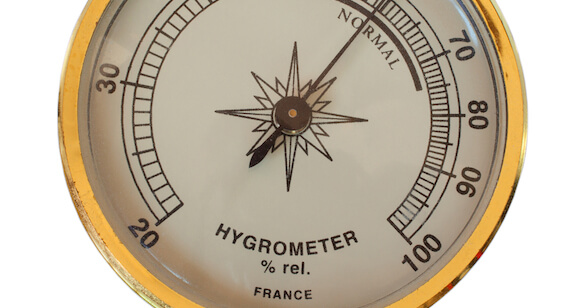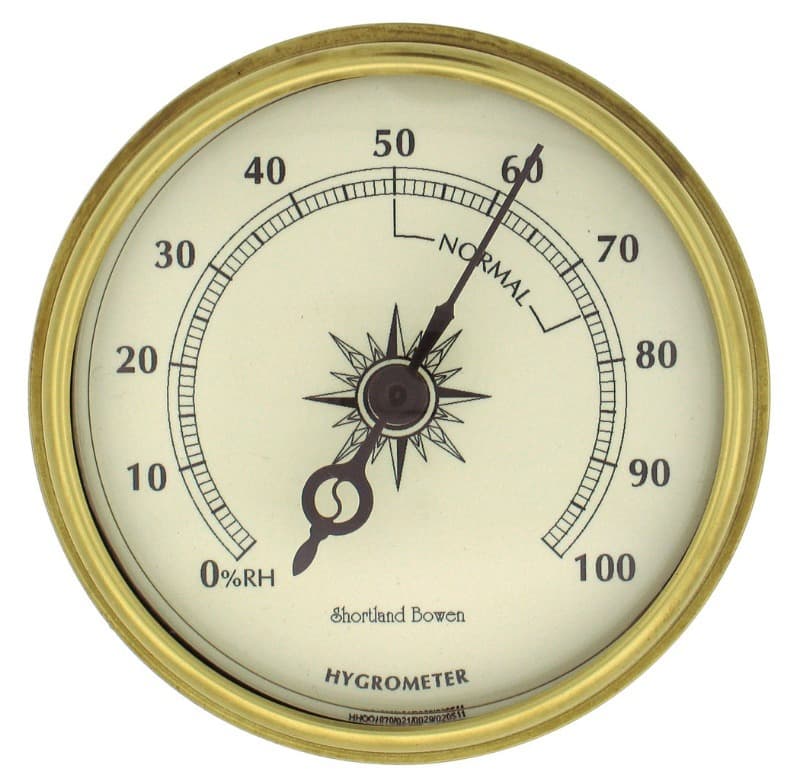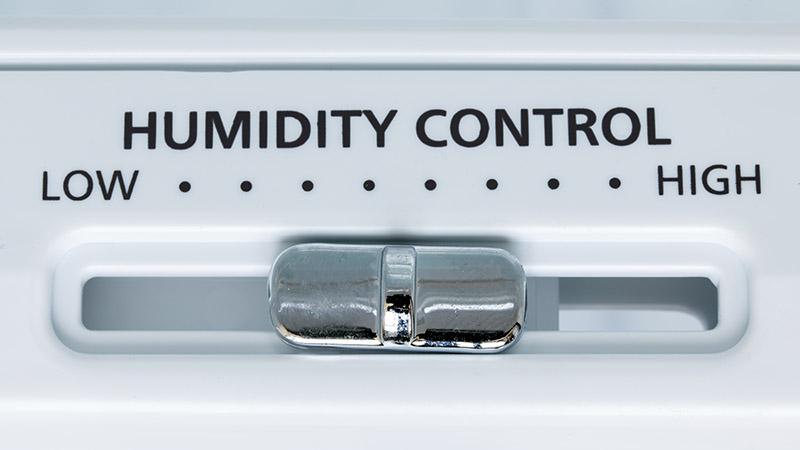A hygrometer is a crucial instrument in various fields, from meteorology to industrial processes, as it plays a vital role in monitoring and controlling humidity levels. Understanding what a hygrometer is and how it works is essential for anyone interested in these areas. This blog post will delve into the specifics of hygrometers, their functions, types, and importance.
What is a Hygrometer?

A hygrometer is a device used to measure the moisture content in the atmosphere, also known as humidity. It is widely used in various industries, weather stations, and even in homes to ensure the air quality and comfort levels. The primary purpose of a hygrometer is to provide accurate readings of humidity levels, which is essential for various applications.
Types of Hygrometers
There are several types of hygrometers, each using different methods to measure humidity. The most common types include:
- Mechanical Hygrometers: These use organic materials such as hair or synthetic fibers that expand or contract in response to humidity changes.
- Electrical Hygrometers: These measure changes in electrical resistance or capacitance due to moisture absorption.
- Dew Point Hygrometers: These measure the temperature at which air becomes saturated with moisture and forms dew.
- Psychrometers: These use the cooling effect of evaporation to measure humidity. They typically consist of two thermometers, one wet-bulb and one dry-bulb.
Applications of Hygrometers
Hygrometers are used in various applications to monitor and control humidity levels. Some of the key applications include:
- Weather Forecasting: Meteorologists rely on hygrometers to measure humidity, which is crucial for predicting weather conditions.
- HVAC Systems: Hygrometers help maintain optimal humidity levels in heating, ventilation, and air conditioning systems.
- Industrial Processes: Many manufacturing processes require precise humidity control to ensure product quality.
- Agriculture: Farmers use hygrometers to monitor greenhouse environments and soil moisture levels.
- Museums and Archives: Hygrometers help preserve artifacts by maintaining stable humidity levels.
How Does a Hygrometer Measure Humidity?
 Understanding how a hygrometer measures humidity involves looking at the principles behind its operation. The method used depends on the type of hygrometer.
Understanding how a hygrometer measures humidity involves looking at the principles behind its operation. The method used depends on the type of hygrometer.
Mechanical Hygrometers
Mechanical hygrometers, such as hair hygrometers, rely on the physical properties of materials that change in length in response to humidity. The changes are then translated into humidity readings.
Electrical Hygrometers
Electrical hygrometers use materials whose electrical resistance or capacitance changes with humidity. These changes are measured and converted into humidity readings. This type of hygrometer is often used in electronic devices and industrial settings.
Dew Point Hygrometers
Dew point hygrometers measure the temperature at which air becomes saturated and dew forms. This temperature is known as the dew point, and it correlates directly with humidity levels.
Psychrometers
Psychrometers consist of two thermometers: a wet-bulb and a dry-bulb. The wet-bulb is covered with a water-soaked cloth, and as water evaporates, it cools down. The difference in temperature between the wet-bulb and the dry-bulb thermometers is used to calculate the relative humidity.
Importance of Measuring Humidity

Measuring humidity is essential for various reasons, including health, comfort, and the integrity of materials and processes. High or low humidity levels can significantly impact different environments and activities.
Health and Comfort
Maintaining proper humidity levels is crucial for human health and comfort. High humidity can lead to discomfort, mold growth, and respiratory issues, while low humidity can cause dry skin, irritation, and respiratory problems.
Industrial and Agricultural Applications
In industrial and agricultural settings, controlling humidity is vital for product quality and yield. For instance, in manufacturing, excessive humidity can lead to corrosion and spoilage, while in agriculture, it can affect crop growth and storage conditions.
Preservation of Artifacts
Museums, archives, and libraries use hygrometers to ensure the preservation of valuable artifacts, documents, and artworks. Stable humidity levels prevent damage and degradation over time.
For More Abot HAVC Visit: What size air conditioner do I need?
Conclusion
Understanding what a hygrometer measures and how it works is essential for various applications that require humidity control. Hygrometers, whether mechanical, electrical, dew point, or psychrometric, provide accurate and reliable humidity readings necessary for weather forecasting, industrial processes, agriculture, and preservation of artifacts. Ensuring proper humidity levels not only enhances comfort and health but also protects valuable materials and improves process efficiency. As technology advances, hygrometers continue to evolve, offering more precise and user-friendly solutions for measuring and managing humidity.
